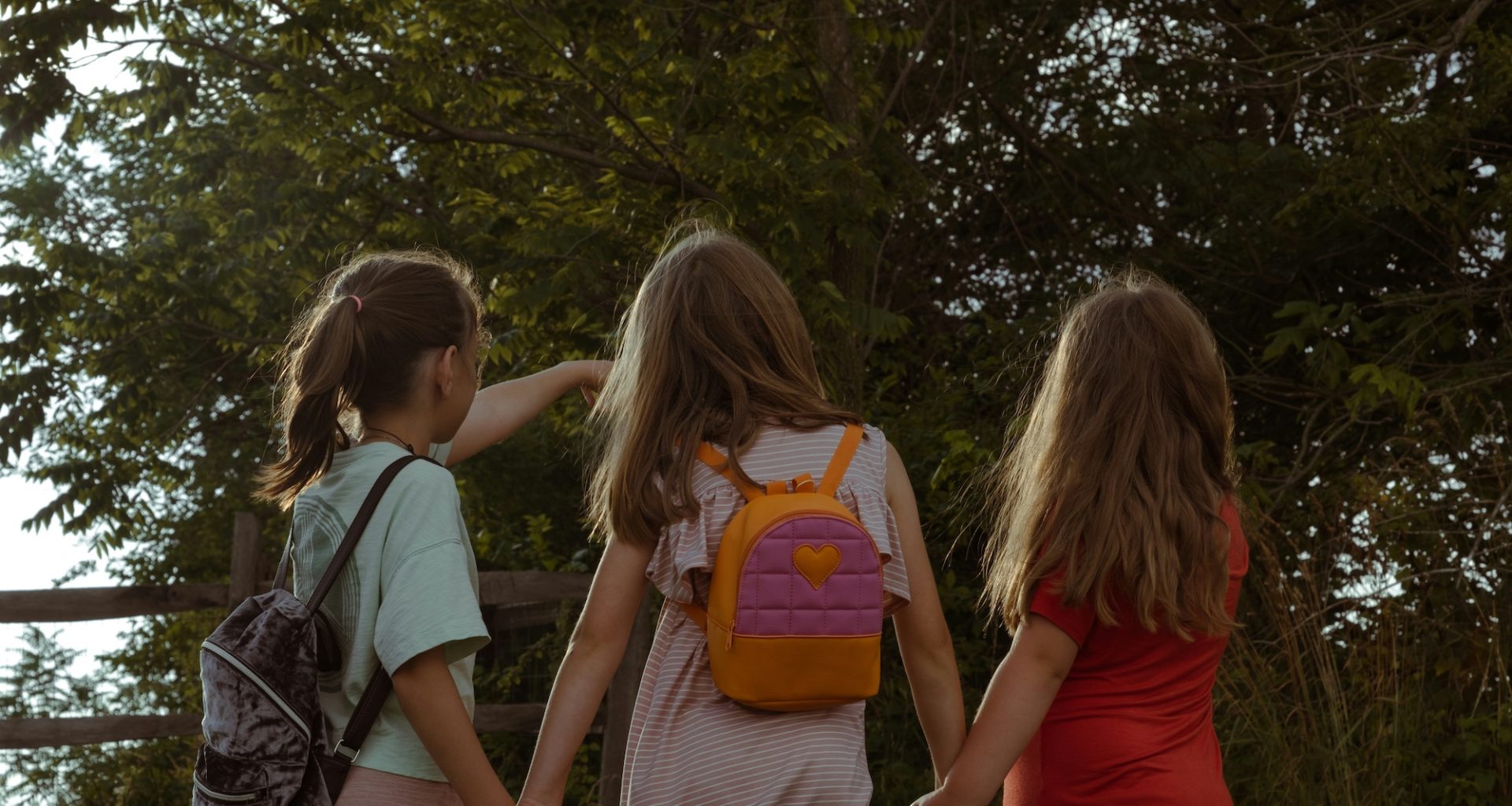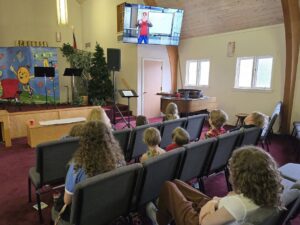Across The Salvation Army Western Territory, summer camp transforms thousands of lives each summer.
“If only I had some time for myself.”
If you’re a parent of school-age children, chances are you’ve said—or at least thought—those words, especially during summer. While kids enjoy long, open days, many parents still have work and responsibilities. Summer can turn into a juggling act instead of a break.
That’s where overnight camp comes in—not just as a way to keep a child occupied, but as a potential rite of passage. Across the U.S. Western Territory, The Salvation Army’s summer camps provide children a safe place to grow—while offering parents peace of mind as their child thrives away from home.
At many of The Salvation Army’s summer camps, youth as young as 8 can attend weeklong camps in natural settings. As they mature, campers can return as junior counselors or staff, developing leadership skills.
Here’s how the camp experience supports children—and reassures parents, too.
1. Camp builds confidence
Kids try new things at camp without parental help—archery, zip lines, canoeing, group games and skits, and speaking up in a cabin. At Camp Arnold in Eatonville, Washington, one camper tried for two summers to reach the top of a rock wall.
“I did it!” he told Camp Director Jeff Potts when he succeeded.
“That phrase is powerful,” Potts said. “One of our values is self-esteem, and when a camper says ‘I did it,’ we know we’re hitting the mark.”
In post-camp surveys, parents note the change—kids often return from camp with new independence and confidence.
2. Camp creates space for independence
At camp, children make choices: what to wear, how to organize their things, how to manage new friendships. That self-reliance helps them grow in practical ways.
Nicholas O’Neil, Hawaiian and Pacific Islands Divisional Youth Specialist, said parents initially ask what to pack, what to do about homesickness, and—most frequently—when to pick up their kids. He noted that they can check social media during camp for updates and photos.
After camp, O’Neil said, “They’re amazed by everything their child comes home talking about—the learning, the fun, the friendships.”
3. Camp strengthens resilience
Camp isn’t perfect; that’s part of its magic. There are bug bites, missed goals and homesick moments. But kids learn to bounce back.
Remember that camper who couldn’t reach the top of the climbing wall? He didn’t give up.
Potts said the camper told him it was his “best week ever.”
That kind of perseverance builds both confidence and resilience. And it reminds parents that growth often happens when they’re not there to help.
4. Camp fosters problem-solving
Without texting home or going online, campers must figure things out on their own. They resolve conflicts, ask for help and learn how to engage in a new environment. Many arrive nervous, even if they don’t verbalize it.
“Most of our first-time campers don’t say they’re nervous,” Potts said, “but you can tell from their body language. A common question is, ‘What do we do at camp?’ We love that question—it opens the door to everything we’ve planned.”
Sometimes the questions are more pointed.
“We actually hear ‘When can we get in the pool?’ a lot,” he said.
O’Neil noted that campers often fear not fitting in.
“But they’re usually surprised when they realize they’re not alone,” he said. “They find people just like them, and making friends becomes easy.”
5. Camp nurtures emotional healing and belonging
For some campers, the change is even deeper. Captain Brian Qualls, a Salvation Army officer and former camp employee, said years of bullying had once left him feeling worthless.
“I associated my name, Brian, with ‘loser,’” he said. “I thought nobody would ever care about me.”
Camp changed that.
“I realized there is a God who loves me and all those things people had said about me are untrue,” he said.
That healing turned outward, as he then ministered to kids he saw being bullied.
“Camp means a lot to me,” he said. “It was a place that I grew up—spiritually, physically, emotionally.”
More than a break—a space to grow
The Salvation Army’s summer camps are more than just a place to pass the time between one school year and the next. Designed to nurture kids and reassure parents, camp is also a bridge from childhood to independence—and for parents, from holding on to letting go. It gives kids the freedom to grow—and parents the confidence to let them.
“I would say 90 percent of campers do not want to leave at the end of the week because of the experiences, friendships and fun they’ve had,” O’Neil said.
Once they’re home, kids often remind their parents of all the fun at camp.
As Potts said, “We hear comments like, ‘They are driving me crazy with the songs they learned at camp.’”
Do Good:
- Start your day with goodness. Get on the list for Good Words from the Good Word and get a boost of inspiration in 1 minute a day with a daily affirmation from Scripture sent straight to your inbox. A pep-talk for the day. A boost of inspiration and comfort. A bit of encouragement when you need it. Get on the list and start receiving what you need today.












